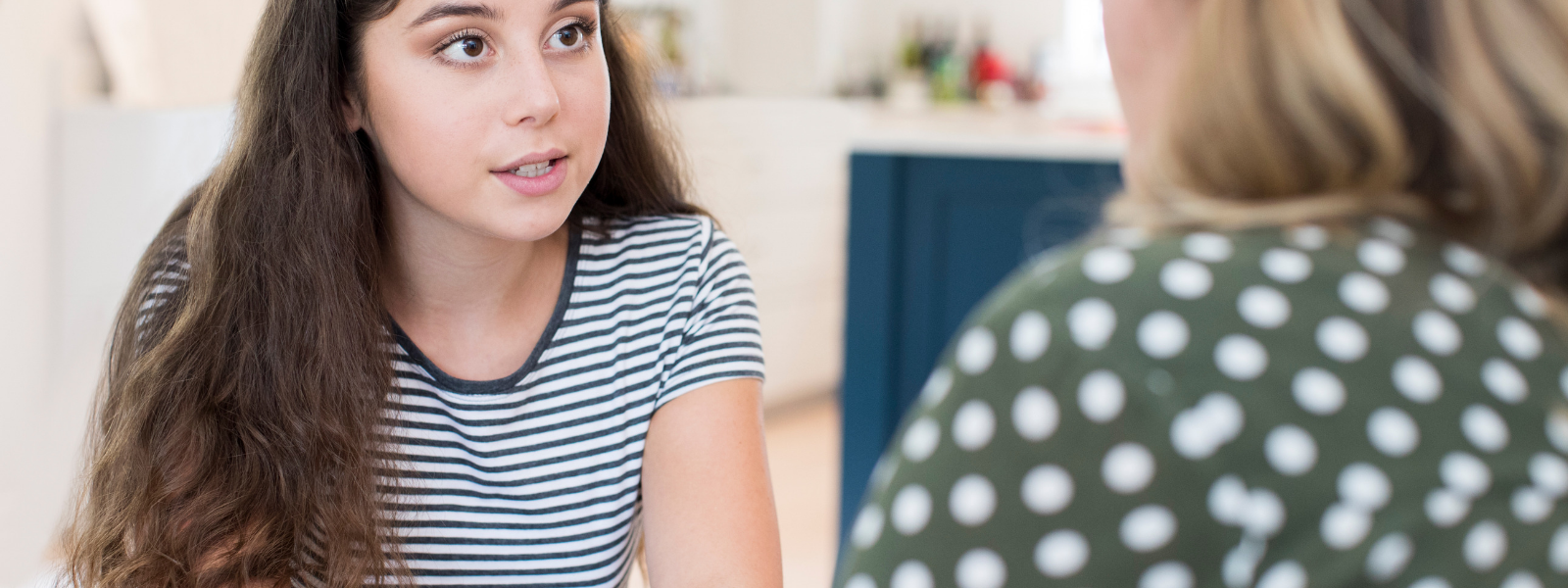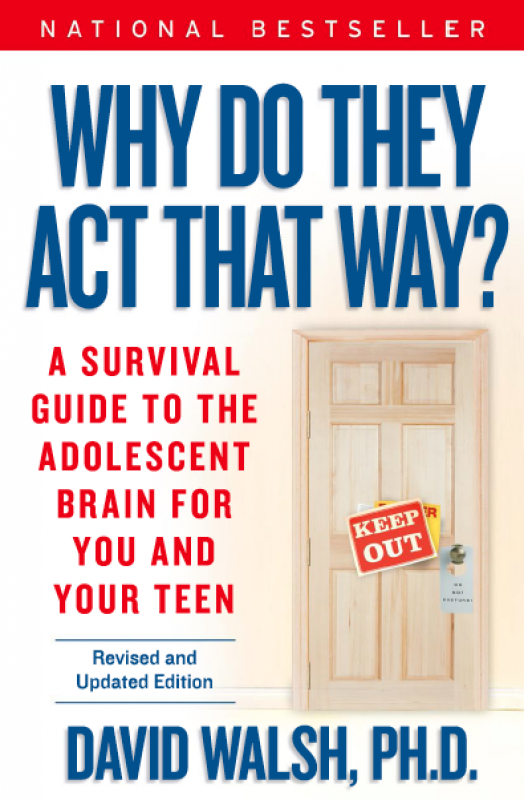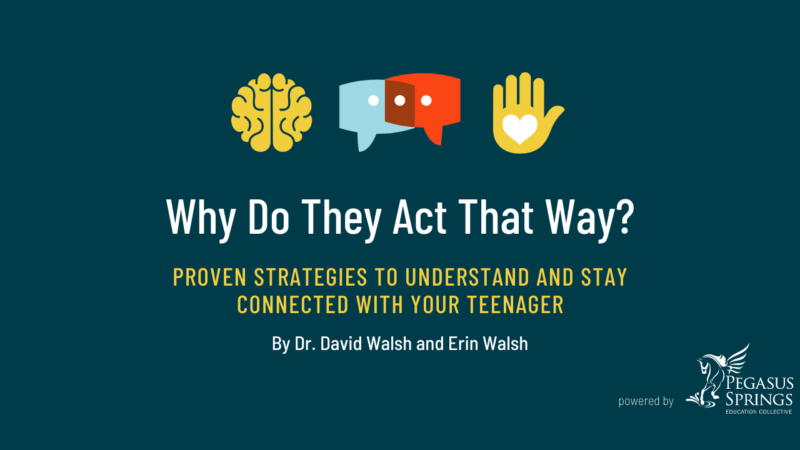Become the parent you want to be – and the parent your teenager needs you to be – without being overwhelmed by conflicting advice, the shame of parenting “shoulds,” or the self doubts that rear up in response to your kid’s big changes.
If you are a parent of a teenager, parent of a soon-to-be-teenager, or play an important role in a teenager’s life and want to be prepared and stay connected during the teenage years then you already know that you need all the support you can get. Your teenager needs you now more than ever–even though they might never tell you that.
But figuring out HOW to stay connected with teens is tricky, especially as they jump on an emotional rollercoaster or start pulling away.
You’ve probably also heard that your teen’s brain is still under construction and the more you know about the construction zones the more prepared you are to navigate them. You already know that raising a teenager isn’t easy, but did you know that parents of middle schoolers report that it is the single most stressful time in their parenting lives?
We created this self-paced class to give you insight, support, and affirmation when you need it most.
This self-paced online class will bring you:
More connection
You will practice creative ways to connect with your teen, ensuring that your relationship stays intact through big changes.
More empathy, more patience
Rather than taking it personally, you will understand why your teenager is acting the way that they do, allowing you to be calmer and more grounded in your parenting.
More clarity
You will be able to strike that tricky balance of knowing when to step in to help your teen and when to let them learn on their own.
More confidence
Adolescence can be an adventure to be lived, not just a problem to be solved. With more knowledge and tools you can actually have fun during this giant developmental leap.
“I have always looked forward to raising teenagers, albeit a little nervous also. But it’s different and scarier when it’s our own kiddos. Your reminders helped: She is doing exactly what she’s supposed to be doing, and right on time. It’s the process of letting go that is so gutting. She is becoming her own person – and we’re growing as much as she is. Your class is the help we needed!”
– Sally
“This is the teen class that I wished for, full of simply presented insight into the teen brain geared towards a better (and happier!) way to parent through connection. Dr. Walsh and Erin present real (not idealized) techniques. They recognize that there will be bumps and bruises along the way and offer guidelines to help identify when typical behaviors & emotions cross over into concerning ones. It is clear that they have a real passion for helping parents and a deep affection for teens.”
– Naomi
You don’t want to just “get through” the teenage years.
You want to look back and know you met the challenges with bravery and, dare we say it, joy.
But right now it just feels hard and you have no idea how to make it any easier.

The two tempting approaches to parenting teens that backfire:
Time to set a new course. Time to loosen without letting go.
Here’s the truth:
There are two roads we can take in parenting when we confront big challenges. You can either get stuck in survival mode or greet the changes in your child with a willingness to change yourself.
It might not always feel easy. It is going to be hard work. It’s going to be vulnerable. You and your teen are forging a new path – and you can’t do it alone. The key ingredients are trusted guidance, ongoing support, and a community of parents who care as much as you do.
Introducing
Here is what you can expect in this self-paced online class:
This course is designed as a self-paced class. This means that you can work through the content on your own schedule and timeline! To help you dive in, you will get access to a new “Spark” every week for first six weeks. Watch short videos and work through downloads on your own time while getting your questions answered in comments and in our Spark & Stitch classes Facebook group. Then access for a full six months so you can revisit the content when you and your kids need it most.
WEEK 1 SPARK: Why Do They Act That Way?
We get started by taking a tour of the construction zones in your teenager’s brain. Knowing what’s going on inside your teenager shifts how you respond to them.
Highlights:
- The emotional gas pedal is pressed to the floor
- Risk taking, dopamine and the teenage brain
- Embracing the new normal
WEEK 2 SPARK: Loosen But Don’t Let Go – Staying Connected To Your Teen
It’s hard to know both why it matters and how to stay connected with your teenager when they are pushing you away.
Highlights include:
- Why Your Teen Still Needs You (Even If They Won’t Admit It)
- Connection Unleashes Your Teen’s Brilliance
- Tips and Tricks for Getting Creative With Connection
- Phones or Face-to-Face?
WEEK 3 SPARK: Setting Limits and Avoiding Power Struggles
Learn the tricky but essential middle road between the “takeover” and the “hands off” approaches to discipline with your teen.
Highlights include:
- It’s Your Teen’s Job to Push Against the Limits; It’s Your Job To Set Them
- The Strategy of Limits and Consequences and When It Doesn’t Go As Planned
- Why Are You Always Yelling At Me? Communication and the Teenage Brain
- How to Negotiate With Your Teen Without Being a Pushover
WEEK 4 SPARK: Managing Feelings, Stress, and Mental Health
Adolescence is a stressful time. Learn how to help your teenager handle their stress while also making sure you don’t miss more serious mental health concerns.
Highlights include:
- It’s Not Your Job To Rescue Your Teen From Their Feelings
- Stress and Your Teen’s Brain
- Back to the Basics: Sleep, Exercise, and Food
- Recognizing signs of mental illness
- Don’t Ignore Mental Health
WEEK 5 SPARK: Independence vs. Guidance – What’s the Right Balance?
The goal is for your teen to become a resilient, capable adult. How do you help them get there?
Highlights include:
- How to Help Your Teenager Set Goals and Reach Them
- The Turn Towards Friends: Identity, Drama, and Support
- The Talk(s) – Sex AND Relationships
- Don’t Duck Difficult Conversations
WEEK 6 SPARK: Raising a Teen Requires Community
This final spark will inspire you to not only connect with your teen but to a wider circle of support.
Highlights include:
- Helping Your Teen Find Their Purpose
- You Can’t Do This Alone
- Parenting with a Growth Mindset

Nobody’s time is more precious and valuable than that of a parent. By the end of this course you will have received over twenty five short and engaging video lessons, fifteen strategy-packed downloadable guides, and had the opportunity to ask questions.
We are confident that if you really engage in this course, you will feel the difference in how you see your teen and how you parent them. If you don’t see the value within 30 days – we will give you your money back.
If, after 30 days of access you still aren’t satisfied, you can reach out to the Spark & Stitch team and we’ll work with you to get your money back.
Here is what you are getting when you start today:
- 32 video lessons
- 15 downloads that include more information, practical strategies, reflection prompts, and exercises
- Access to private social community for support, Q&A, and conversation
- Six months access to the content
- More empathy, more confidence, and more connection with your teen

Questions people ask before joining the class
5 ways to know you are ready to start this course:
- You are willing to carve out a little bit of dedicated time each week to shift your relationship with your teenager towards more connection and better communication.
- You don’t want to just “get through” the teenage years or miss this sensitive window of opportunity.
- You’ve read parenting books or articles but have found that without continuing support it is hard to implement new ways of relating to your teen.
- You are eager for a class that allows you to learn when and where you want to and allows you to tailor strategies to fit who you are.
- You know that you are your teen deserve this extra boost of trusted support and help.
If you said yes to at least 3 of the above, we can’t wait to meet you inside Why Do They Act That Way!
“Adolescence is not a problem to be solved, but an adventure to be lived.”
– Dr. David Walsh, Course instructor and author of national bestseller Why Do They Act That Way, A Survival Guide to the Adolescent Brain for You and Your Teen


